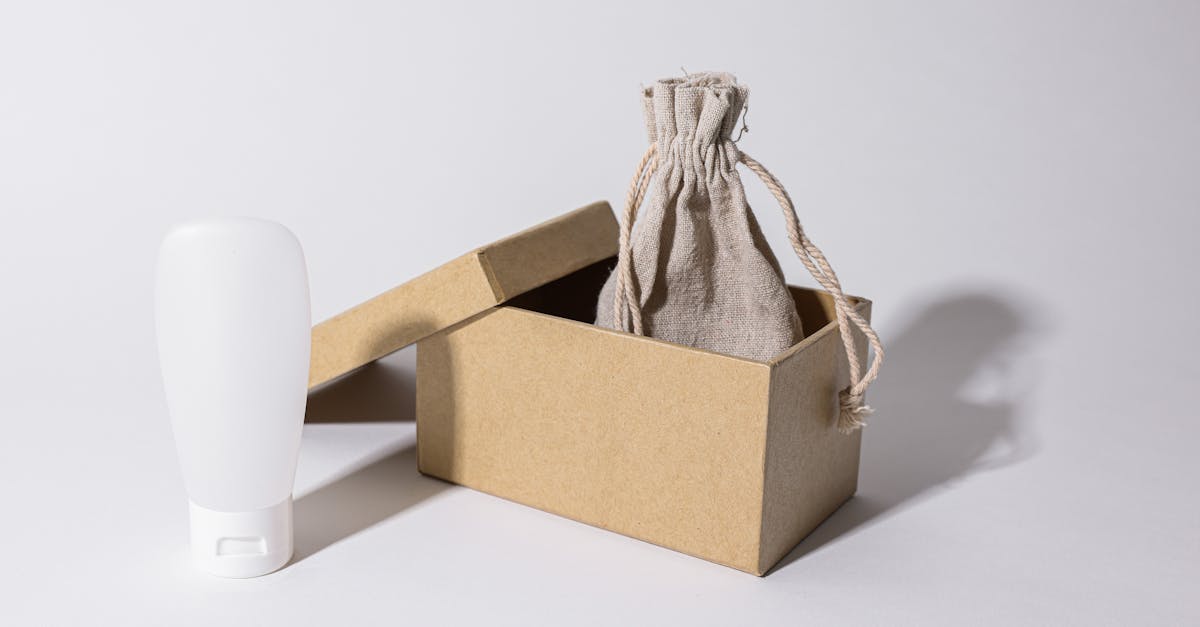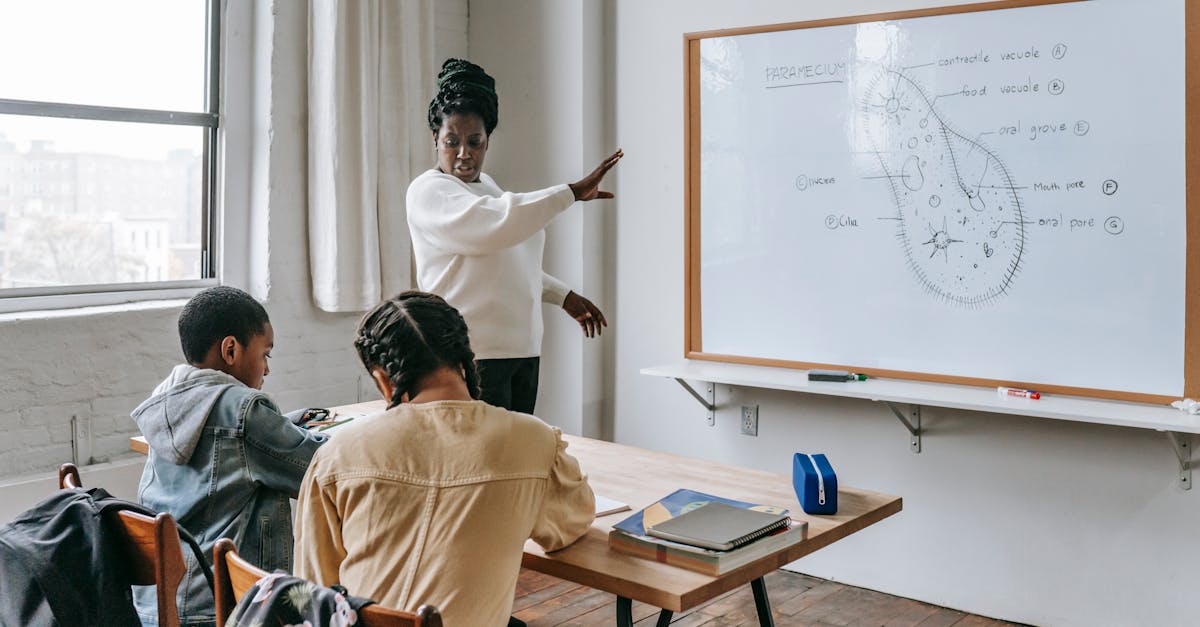
Introduction
In today's world, the impact of plastic waste on the environment has become a pressing concern. The mountains of plastic waste that accumulate in our landfills and oceans are staggering, leading scientists to seek sustainable alternatives. One promising solution is synthetic biology, an innovative field that merges biology with technology to create eco-friendly materials. This field is paving the way to not only reduce plastic waste but also provide sustainable packaging options. As the demand for environmentally friendly solutions grows, synthetic biology's role in replacing plastic packaging becomes increasingly essential. In this article, we'll explore how synthetic biology offers a green alternative to traditional plastics, its scientific foundation, and its potential to change our future landscape.
Understanding Synthetic Biology
At its core, synthetic biology is an interdisciplinary field that involves designing and constructing new biological entities or reprogramming existing biological systems. This might sound like the stuff of science fiction, but it's very real—and very promising. Researchers in synthetic biology use tools from genetic engineering to create organisms with the desired traits, like bacteria capable of producing biodegradable materials. Through synthetic biology, scientists attempt to harness the power of biology to solve complex problems, such as the over-reliance on petroleum-based plastics. This creative fusion of biology and technology has immense potential for sustainability, offering alternatives to conventional, environmentally harmful products.

Katerina Holmes/Pexels
Nature-Inspired Solutions
One of the most exciting aspects of synthetic biology is its ability to imitate processes found in nature. By studying how nature creates and degrades materials, scientists can replicate these processes on an industrial scale. For instance, certain organisms naturally produce biofilms or biopolymers, which can serve as substitutes for plastic. Through genetic modification, synthetic biologists can produce these renewable materials on a larger scale, creating packaging materials that possess the durability of plastic but not its environmental drawbacks. By mimicking nature's efficiency, synthetic biology offers a practical and sustainable approach to packaging innovation.
Bioplastics: A Green Alternative
Bioplastics are one of the most promising outcomes of synthetic biology. Made from renewable resources like corn starch or vegetable fats, these materials offer a decrease in the carbon footprint associated with petrochemical plastics. Synthetic biologists have gone a step further by engineering bacteria to biosynthesize bioplastics—known as polyhydroxyalkanoates (PHA)—through microbial fermentation. PHA bioplastics are biodegradable and can decompose in soil within months, unlike traditional plastics that can take centuries. As interest in bioplastics grows, synthetic biology's role in developing efficient production methods becomes increasingly vital.
Reducing Waste and Energy Use
Apart from replacing plastics, synthetic biology also addresses the waste associated with traditional packaging. Sustainable biomanufacturing processes require less energy and produce fewer by-products. This is important for reducing the overall environmental impact of packaging materials. Moreover, the versatility of synthetic biology allows researchers to tailor biopolymers for specific applications, further reducing waste by eliminating the need for excess packaging materials. As these processes become more refined, the ability to produce eco-friendly materials efficiently and cost-effectively can drastically reduce our ecological footprint.
Challenges and Technological Hurdles
Despite synthetic biology's promising potential, several hurdles remain in adopting these technologies on a large scale. One significant challenge is the cost of production, which is often higher than that of conventional plastics. Additionally, regulatory hurdles and public perception can affect the adoption rates of new materials. Ensuring these bioplastics adhere to safety standards is critical for gaining consumer trust. Furthermore, while synthetic biology offers biodegradable solutions, infrastructure for disposal and decomposition needs to be improved to maximize benefits. Persistent research and development efforts are crucial in overcoming these challenges, making synthetic biology-derived materials a mainstream alternative.
Innovative Companies and Pioneering Research
Several companies are at the forefront of leveraging synthetic biology for sustainable packaging solutions. Pioneers like Ecovative Design, Mango Materials, and Zymergen are exploring creative uses of biological materials. For example, Ecovative Design bases its materials on fungi's natural growth patterns, producing packaging materials that degrade naturally. Mango Materials utilize methanotrophic bacteria to convert methane into bioplastics. Such revolutionary approaches underscore the unlimited possibilities synthetic biology holds in meeting global sustainability goals. As research continues to advance, more mainstream companies are likely to follow suit, further integrating these innovations into everyday consumer products.
Potential Impacts on the Environment
The environmental implications of adopting synthetic biology are profound. With the reduction of plastic waste thanks to the development of biodegradable materials, there's potential to significantly lessen pollution in oceans and landfills. Reduced reliance on fossil fuels for creating packaging materials has a positive impact on reducing greenhouse gas emissions. Furthermore, synthetic biology-based solutions could catalyze downstream ripple effects in combating climate change by virtue of their sustainable production processes. By addressing the entire life cycle—from energy-efficient manufacturing to biodegradability—synthetic biology has the potential to redefine our relationship with packaging.
The Future of Packaging with Synthetic Biology
As technology continues to develop, the integration of synthetic biology into packaging is poised for substantial growth. Researchers are continually innovating new materials specifically engineered for sustainability, and as consumers become more conscious, the demand for these products will likely increase. With governments and industries worldwide seeking solutions to environmental issues, the stage is well set for synthetic biology to emerge as a central player. Continuous advancements are expected to make these materials more accessible and affordable, potentially revolutionizing how products are packaged and sold, leading to a greener and cleaner planet.
Summary and Conclusion
Synthetic biology holds great promise in addressing the environmental challenges posed by traditional plastic packaging. By synthesizing nature-inspired, sustainable materials, it offers innovative ways to cut down on waste and dependency on non-renewable resources. Although there are hurdles to overcome, including cost and infrastructure, the field continues to burgeon with possibility. As countless companies and researchers continue paving the way towards these sustainable solutions, synthetic biology is poised to play a leading role in redefining the world's approach to packaging. The future seems bright for a world where packaging becomes synonymous with sustainability, driven by the powerful potential of synthetic biology.